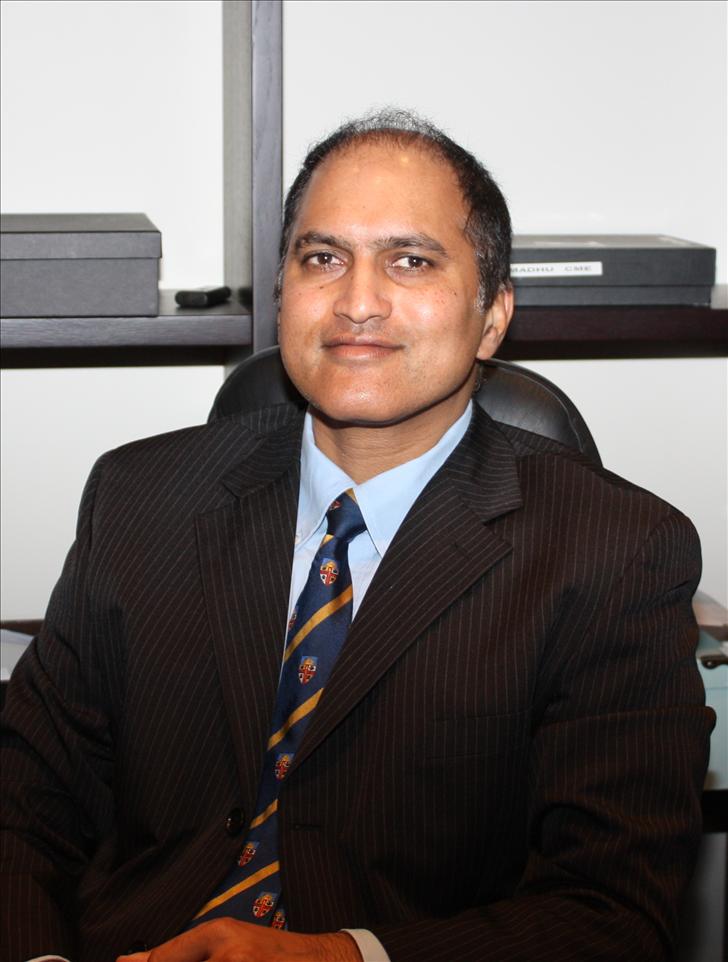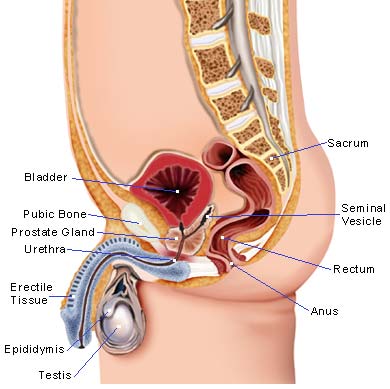 Despite protracted educational campaigns and health ministry warnings, men in general and those of Indian, Pakistani, Bangladeshi, Sri Lankan and Nepalese origin remain apathetic towards their health.
Despite protracted educational campaigns and health ministry warnings, men in general and those of Indian, Pakistani, Bangladeshi, Sri Lankan and Nepalese origin remain apathetic towards their health.
Indifference, wrong sense of confidence (“Nothing can happen to my health”) and fatalistic attitude (“Destiny cannot be changed”) are among the factors that keep them away from doctors and specialists.
A majority of them do not even visit the General Practitioner in their neighbourhood until it is either too late or while on the verge of serious problems.
Consultant Urologist and Surgeon Dr Madhusudan Koya said that historically, men are more reticent than women in seeking medical help.
He regularly meets patients in his private clinic (on 161 Gilles Avenue in Auckland) and hospitals and performs various kinds of surgery related to enlarged prostate and prostate cancer.
But a number of men, including those from the Indian Subcontinent community, do not look after their health and suffer unwarranted consequences.
“I strongly recommend that they talk to their doctor early about any symptoms and discuss the tests needed and their consequences so that they can make informed decisions. Early diagnosis of these problems prevents catastrophe later and allows men to lead their lives to the fullest,” he said.
Common ailments
The prostate is a chestnut shaped gland that sits at the base of the bladder and has the urethra or the water pipe running through it. This tube drains the urine as well as semen. This is present only in men.
Three common ailments afflict men in this connection- Enlarged Prostate (Noncancerous), Prostate Cancer and Prostatitis (Inflammation).
Dr Koya said that male hormone (testosterone) makes the prostate grow.
“As men get older, the prostate enlarges. After puberty, it grows in size, doubling between 21 and 50 years and doubles again between 50 and 80 years,” he said.
According to him, an enlarged prostate can cause narrowing of the water pipe or the urethra, causing symptoms like poor urinary stream, hesitancy and dribbling, resulting in waking up several times at night to pass urine.
“Prostate symptoms are caused by enlarged prostate. This need not be cancer.
However, symptoms of cancer are found in only 20% of cases.
“Some persons can have prostate cancer without any symptoms, while others could have symptoms without cancer. Prostate cancer is common in the western, elderly population, a simple blood test called PSA, and a finger examination of the prostate by the doctor can help in its diagnosis.
“Not all prostate cancers are aggressive and some cancers are slow in growing and people die of natural causes like old age before the cancer becomes life threatening. Only the aggressive cancers need to be treated,” he said.
Dr Koya said that the problem was less common among Indians, Chinese and Japanese and that Caucasians and blacks are more susceptible to the ailment.
But he warned that Indians are not immune to the disease.
“Change in lifestyle, eating habits and genetic factors can place Indians at risk. High animal fat in the diet and the environment can also play a major role in causing benign prostatic enlargement,” he said.
Life Threatening
 Like almost all other problems relating to the human body, undiagnosed prostate can be life threatening in some cases, with those concerned thinking that the problem is related to old age.
Like almost all other problems relating to the human body, undiagnosed prostate can be life threatening in some cases, with those concerned thinking that the problem is related to old age.
“The disease creeps insidiously without the patient being aware. Medical examination involves a blood test called PSA and consultation by a specialist to assess if the prostatic enlargement is benign or cancerous,” Dr Koya said.
Benign prostatic enlargement can be initially treated with medicines, while surgery would become imperative when the condition worsens.
The ‘rebore’ operation, called, ‘Transurethral Resection of Prostate’ (TURP) is done with a telescope above the water pipe.
“TURP often produces excellent results and there are many men in New Zealand who lead normal life after a successful surgery,” Dr Koya said.
Prostate Cancer
While Cancer scares most people causing anxiety and depression, some forms of Cancer could be treated if detected and treated early.
Dr Koya said prostate cancer can be treated by surgery or radiation.
“Technological innovations including nerve-sparing prostatectomy, robotic (laparoscopic) surgery, brachytherapy [radiation] have helped in cancer cure, without the feared complications of incontinence or leakage of urine and erectile dysfunction. Not all cancer patients need treatment and some can be successfully managed by active surveillance, giving them the best quality of life possible without compromising on cancer cure or control,” Dr Koya said.






